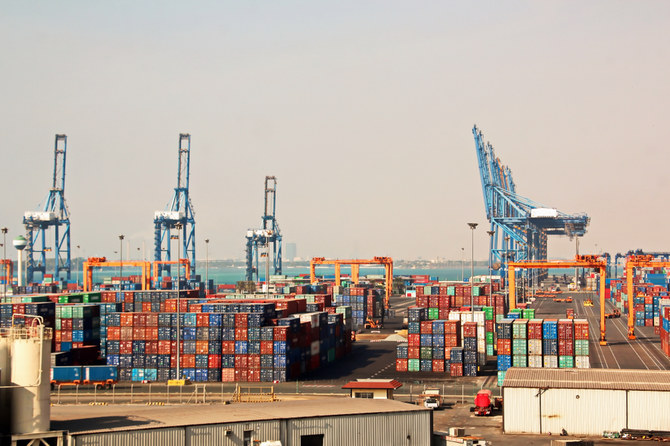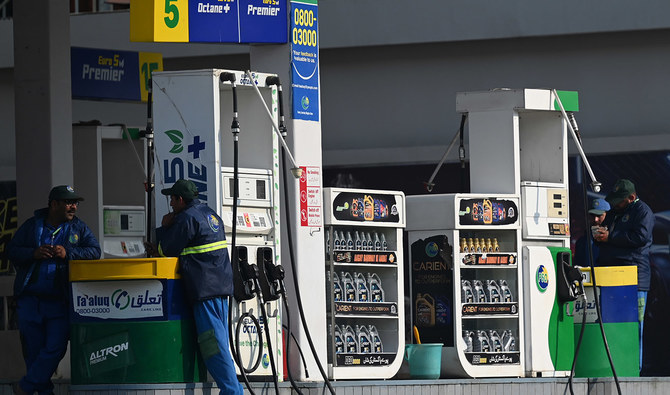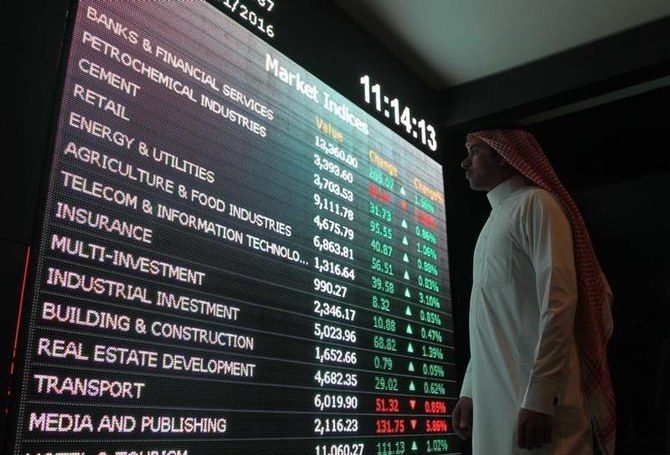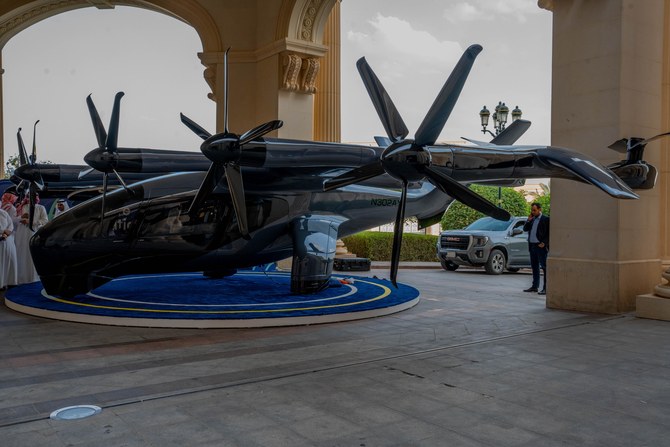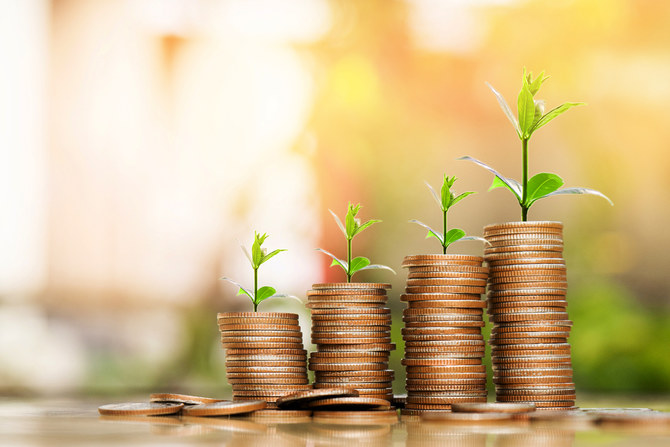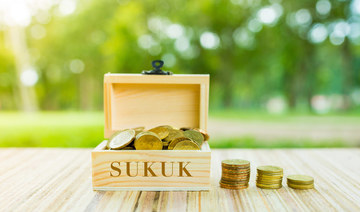RIYADH: Saudi Arabia’s aviation sector received a major boost with over 100 agreements, exceeding SR75 billion ($20 billion), signed during the first two days of the Future Aviation Forum.
The Riyadh event saw the signing of 102 memorandums of understanding and deals, ranging from aviation services to aircraft procurement, cargo and logistics services, and advanced air mobility.
Abdulaziz Al-Duailej, president of the General Authority of Civil Aviation, said that the outcomes of the forum have exceeded all expectations.
“Over the first and second days, agreements, deals, and partnerships were established that will work toward enhancing global aviation connectivity. This underscores the international confidence in the Saudi civil aviation system and its capability to take on a leading role in this pivotal sector,” said Al-Duailej.
The most significant agreement was signed between the Saudia Group and Airbus for an order to buy an additional 105 A320neo family planes, marking the largest aircraft deal with the European firm in the Kingdom’s history.
The $19 billion deal, which includes A320neo and A321neo models, will see the aircraft distributed between Saudia and flyadeal, the group’s low-cost carrier.
Meanwhile, Saudi oil giant Aramco signed a deal with Bombardier for the purchase of two new super mid-sized Challenger 3500 business jet aircraft, with delivery scheduled for 2025 and 2026.
Additionally, BAE Systems inked a deal with the Saudi Academy of Civil Aviation to exchange experience in aviation science training.
Other agreements included a five-year contract signed between Saudia Cargo and Saudia Technic to lease up to 8,474 sq. m. within the Saudia Technic premises located in King Abdulaziz International Airport, MRO Village.
The deals also involved NEOM agreeing with Saudia Technic to engage in future discussions and collaboration in the field of aircraft maintenance, repair, and overhaul of heavy-lift Uncrewed Air System, or UAS, and passenger electric vertical take-off and landing, known as eVTOL, aircraft.
Matarat Holding Co. and the Local Content and Government Procurement Authority agreed to foster collaboration to enhance opportunities and potential for the development and advancement of local content.
Additionally, Dammam Airport Co. signed a consulting service contract with Hill International to manage DACO projects. It also sealed a cooperation agreement with the Bahrain Airport Co. Furthermore, it inked a training MoU with the Gulf Aviation Academy.
The agreements also included Saudi Arabia signing air service deals with Mozambique, Cambodia, Eswatini, and Brunei, as well as Romania, Malawi, and Belize. Additionally, the Kingdom signed similar deals with Kiribati, Grenada, Lithuania, and Sao Tome and Príncipe, as well as Salvador and Albania.
The forum witnessed a strong turnout, with over 30 ministers, 77 leaders of civil aviation authorities, CEOs from airlines worldwide, and 7,000 industry experts and leaders from over 120 countries.
During the forum, GACA unveiled the inaugural edition of the “State of Aviation” report, showcasing the sector’s contribution to the Kingdom’s economy, totaling $53 billion, and its role in generating 958,000 jobs across different regions.
GACA also hosted the first exhibition aimed at facilitating investment in the Saudi aviation sector, with a focus on the advanced air mobility pavilion being among the exhibition’s prominent pavilions.






